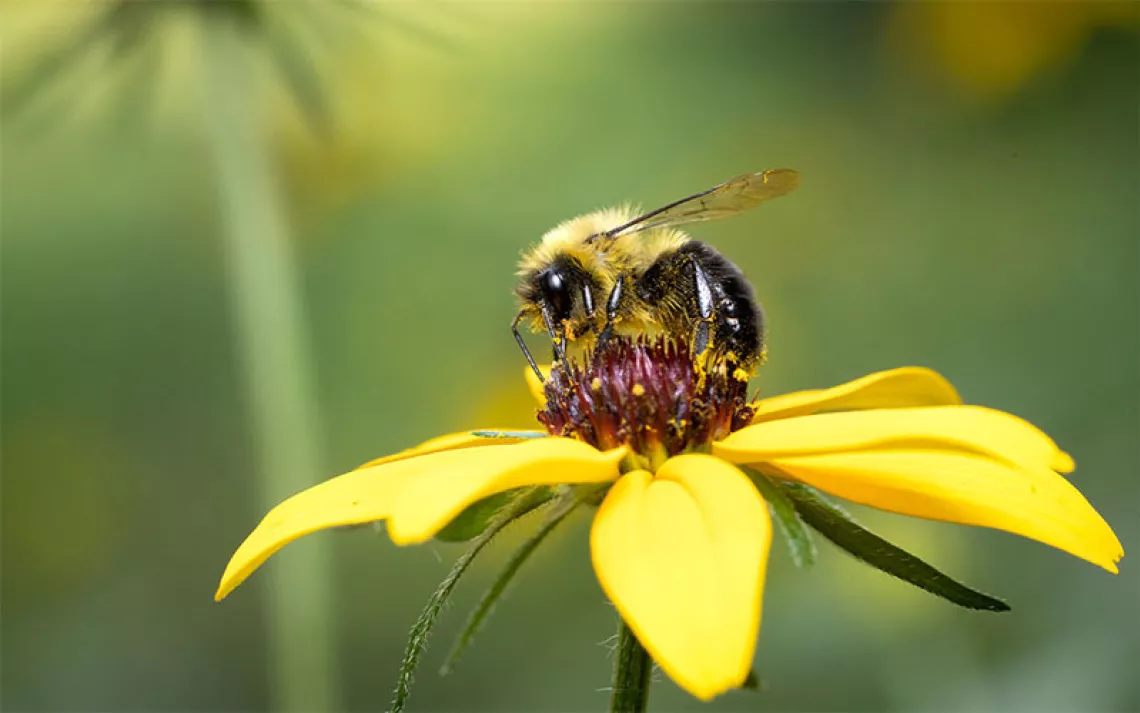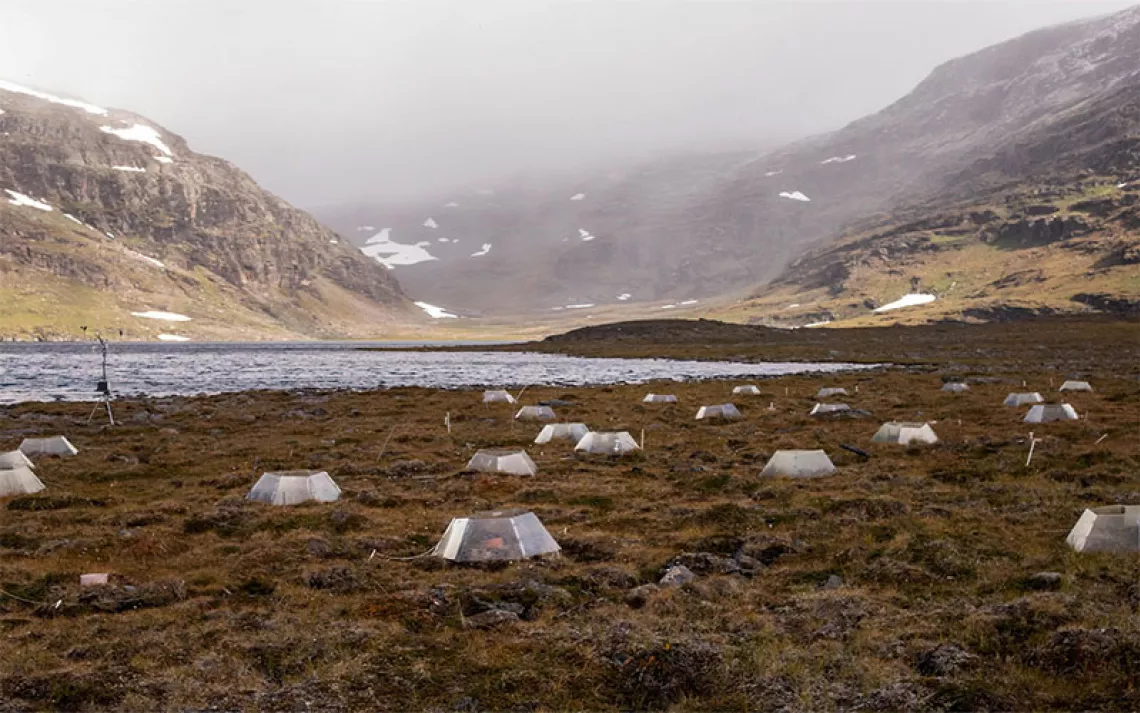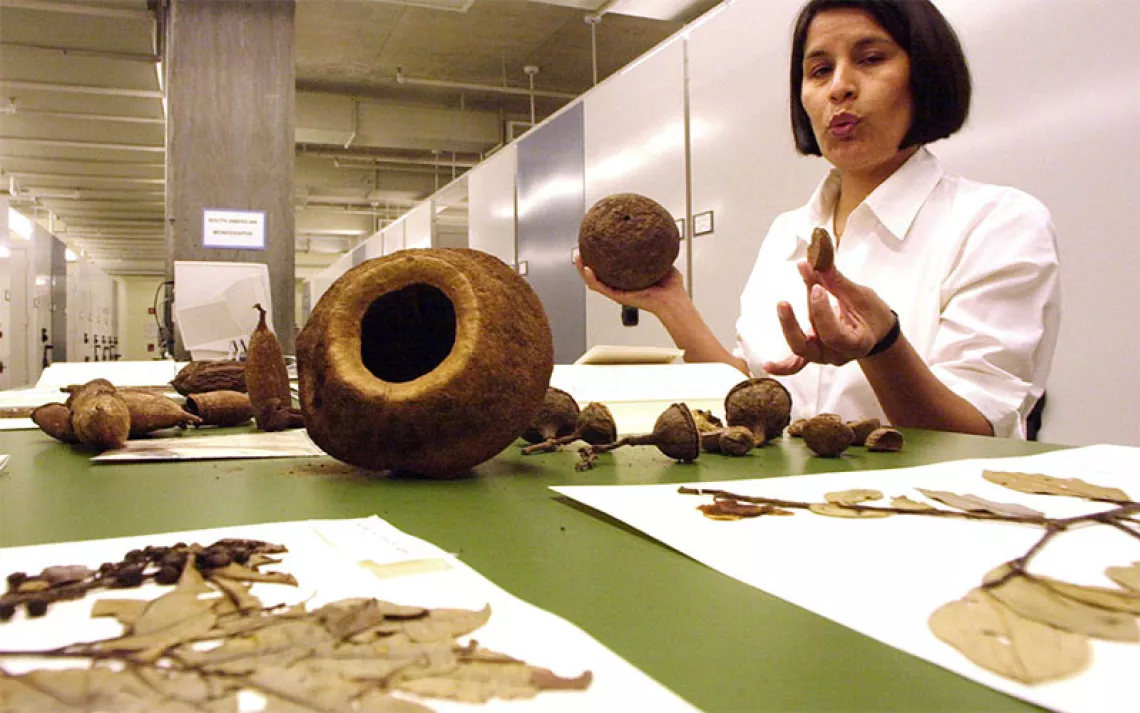Plants Can Detoxify TNT-Contaminated Soil?

Photo by iStock/fergregory
Life for plants on a military base can be tough. Soldiers in training, heavy war machines, and powerful explosives all take their toll. Then there’s the toxic residue of the explosives, which can linger for years and is harmful to plants and humans alike. An estimated 15 million acres of military land is considered contaminated, and the Department of Defense estimates it would cost between $8 and $35 million to clean it all up.
TNT (Trinitrotoluene), one of the most commonly used explosives, presents a particular challenge for clean-up efforts. Plants can not digest the toxin, which makes it hard for vegetation to recover in areas with this type of pollution. But researchers recently identified an enzyme in a test plant that reacts negatively with TNT. Plants without the enzyme, researchers discovered, were able to break down the toxin and thrive in TNT-contaminated soil.
“The TNT is made less toxic by the addition of sugars and similar molecules, which enables the plant to lock these chemicals away in the woody parts of the plant,” Elizabeth Rylott, one of the authors of the recent study, explained to Sierra in an email.
The scientists hypothesize that plants that lack the enzyme could be produced through molecular breeding techniques, and they hope to replicate the results with a sturdy plant such as switchgrass, which is fire resistant, native to many military bases, and tough enough to withstand tank treads.
With luck, the super switchgrass will survive the harsh living conditions on military bases and with its new ability to tolerate TNT, help detoxify contaminated land.
 The Magazine of The Sierra Club
The Magazine of The Sierra Club



